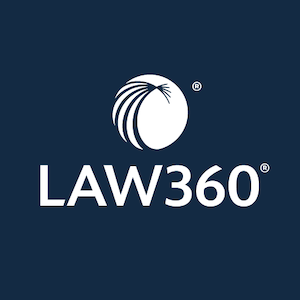Meta’s Strategy for Recovering Billions Invested in AI

Meta’s AI Strategy for 2024
Focus on Artificial Intelligence
In the upcoming year, Meta, the parent company of Facebook, aims to emphasize the development of artificial intelligence (AI). The company is gearing up to introduce Llama 4, the next version of its advanced language model, which is slated for release soon. Although Llama is a free and open-source tool, it plays a crucial role in Meta’s expansion plans and overall growth strategy.
Financial Backing
Unlike other players in the AI sector, such as OpenAI and Anthropic, Meta has the unique advantage of being able to invest substantial profits from its other business ventures into its AI initiatives. This financial muscle allows Meta to build the necessary infrastructure for AI development while creating pathways to monetize its free offerings.
Personalization and Advertising
During a recent earnings call, CEO Mark Zuckerberg highlighted Meta’s vision for personalizing AI solutions. He stated:
“We have a really exciting roadmap for this year with a unique vision focused on personalization. We believe that people don’t all want to use the same AI — people want their AI to be personalized to their context, their interests, their personality, their culture, and how they think about the world.”
Zuckerberg’s remarks about personalization hint at a potential advertising component to their AI technology. While other major AI companies have not integrated ads into their chatbot experiences yet, Meta, which thrives on advertising revenue, seems well-prepared to do so.
Revenue Generation
For the fiscal year 2024, Meta generated over $160 billion in advertising revenue, reflecting a 21% increase year-over-year. Historically, the company follows a pattern of scaling a product to around one billion active users before it concentrates on monetization. Zuckerberg noted:
“We try to scale them to reach usually a billion people or more. And it’s at that point once they’re at scale that we really start focusing on monetization.”
Meta is currently experimenting with monetization strategies on platforms like Threads, but Zuckerberg pointed out that significant business opportunities stemming from Meta’s AI initiatives may not materialize until after 2025.
Integration with Existing Platforms
If Meta’s strategies for monetizing AI are similar to its current advertising model, users might not even have to engage with Meta’s chatbots directly to benefit. The company’s tracking technology, known as the Meta pixel, has been instrumental in turning billions of internet users into targets for Meta’s advertising, even if they don’t use Meta’s platforms.
The widespread implementation of the Meta pixel on various websites has raised concerns over sensitive data collection. It has been reported that this technology inadvertently gathers private information from a wide range of sources, including suicide hotlines, hospitals, tax filing companies, and federal student loan providers. This has led to numerous lawsuits regarding the misuse of the ad technology.
Future Outlook on Monetization
While it’s still uncertain how the AI services will be monetized, one thing is clear: after investing hundreds of billions into its AI infrastructure, Meta will undoubtedly seek a significant return on that investment. As the company continues to develop and refine its AI products, the integration of personalization and potential advertising will be critical components of its strategy moving forward.
In summary, Meta’s future endeavors in AI not only represent a commitment to innovation but also hint at a deliberate plan for revenue generation, taking full advantage of its established advertising capabilities. The focus on personalization could redefine how users interact with AI, marking a significant shift in both technology and business practices in the AI landscape.






